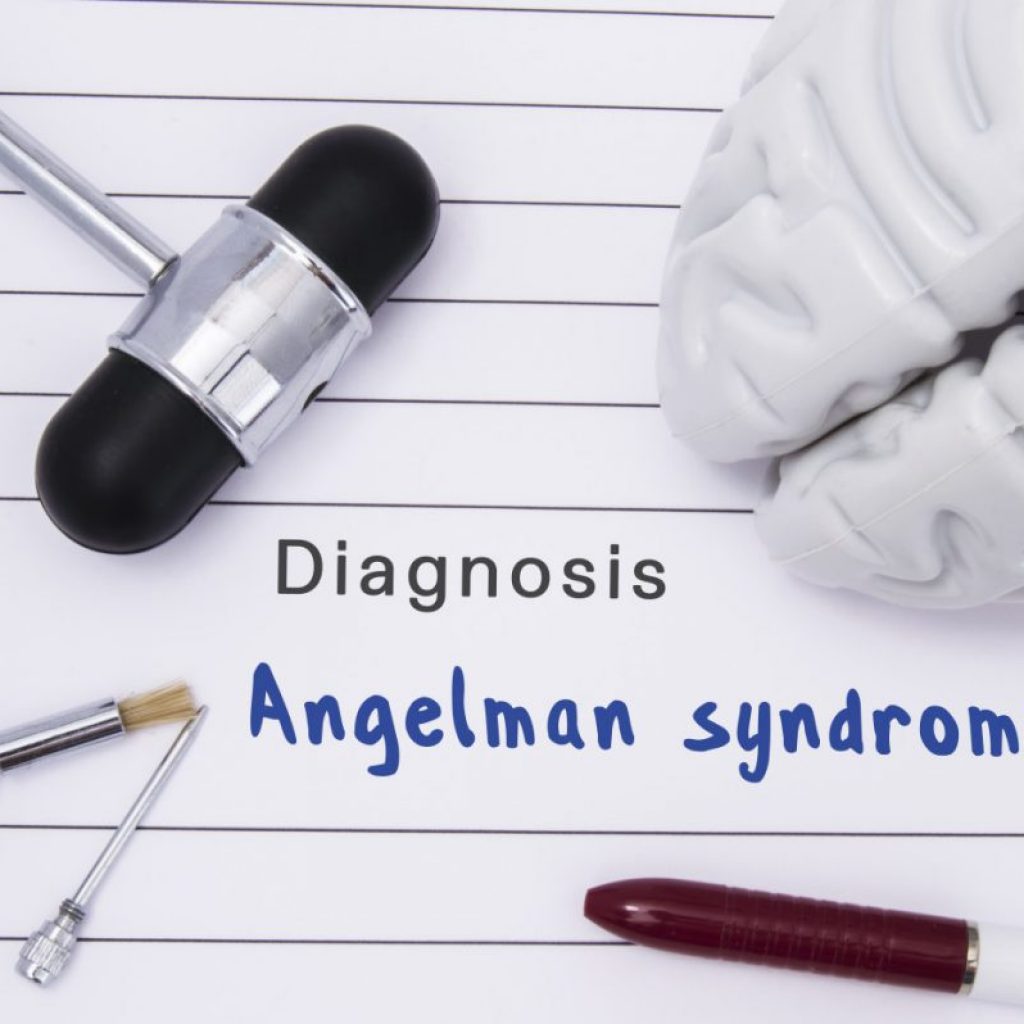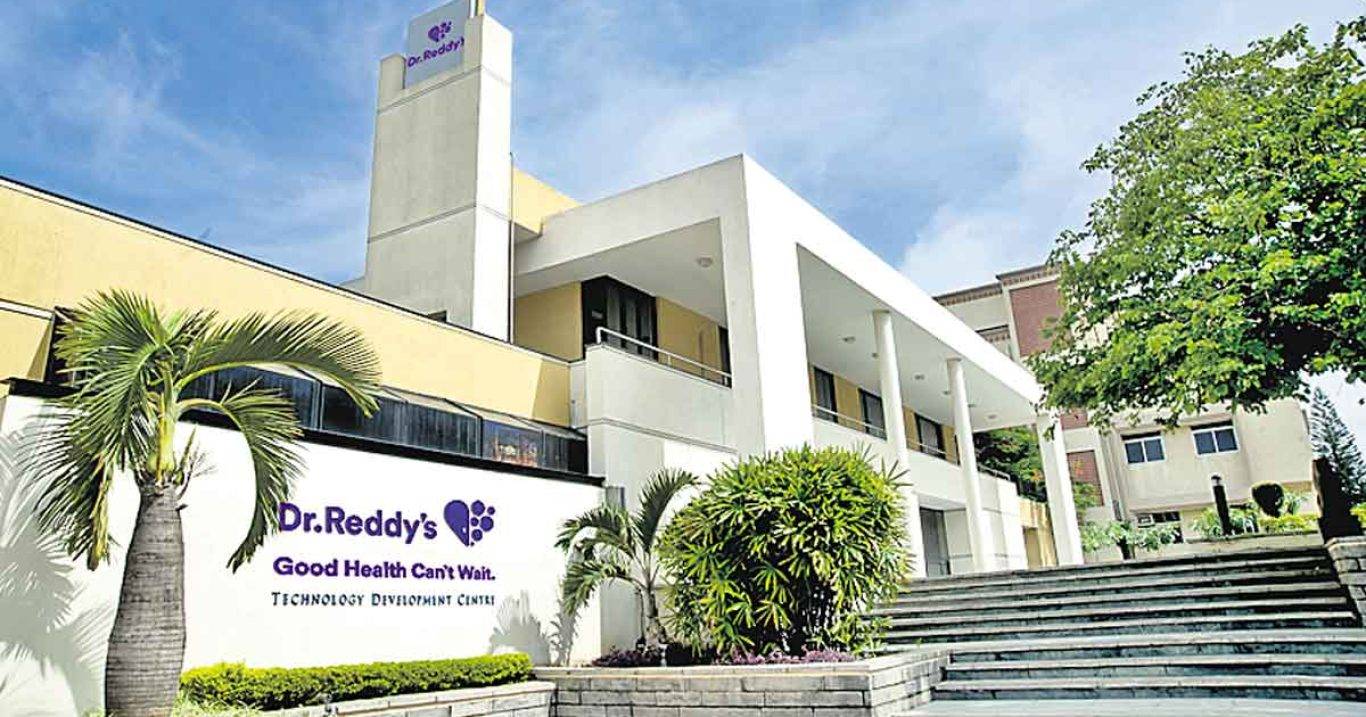US FDA grants fast track status to GTX-102 to treat angelman syndrome

GeneTx Biotherapeutics LLC a startup biotechnology company, and Ultragenyx Pharmaceutical, a biopharmaceutical company focused on the development and commercialization of novel products for serious rare and ultra-rare diseases, announced that the US Food and Drug Administration (FDA) has granted Fast Track designation to GTX-102 for the treatment of Angelman syndrome (AS). GTX-102 is an investigational antisense oligonucleotide currently being evaluated in a phase 1/2 study for the treatment of AS.
“GeneTx is committed to improving the quality of life of individuals living with Angelman syndrome,” said Paula Evans, chief executive officer, GeneTx. “Receiving Fast Track designation for GTX-102 is an important recognition of our antisense oligonucleotide programme and the promise it might offer to this patient population.”
The FDA’s Fast Track designation is a programme designed to facilitate the development and expedite the review of drugs intended to treat serious conditions that demonstrate the potential to address an unmet medical need. Fast Track designation allows for early and frequent communication with the FDA throughout the entire drug development and review process, and allows for a rolling review of a company’s New Drug Application (NDA). Products with Fast Track designation may also be eligible for Priority Review, if relevant criteria are met at the time of NDA filing.
Angelman syndrome is a rare, neurogenetic disorder caused by loss-of-function of the maternally inherited allele of the UBE3A gene. The maternal-specific inheritance pattern of Angelman syndrome is due to genomic imprinting of UBE3A in neurons of the central nervous system, a naturally occurring phenomenon in which the maternal UBE3A allele is expressed and the paternal UBE3A is not. Silencing of the paternal UBE3A allele is regulated by the UBE3A antisense transcript (UBE3A-AS), the intended target of GTX-102. In almost all cases of Angelman syndrome, the maternal UBE3A allele is either missing or mutated, resulting in limited to no protein expression. This condition is typically not inherited but instead occurs spontaneously.
Individuals with Angelman syndrome have developmental delay, balance issues, motor impairment, and debilitating seizures. Some individuals with Angelman syndrome are unable to walk and most do not speak. Anxiety and disturbed sleep can be serious challenges in individuals with Angelman syndrome. While individuals with Angelman syndrome have a normal lifespan, they require continuous care and are unable to live independently. Angelman syndrome is not a degenerative disorder, but the loss of the UBE3A protein expression in neurons results in abnormal communications between neurons. Angelman syndrome is often misdiagnosed as autism or cerebral palsy. There are no currently approved therapies for Angelman syndrome; however, several symptoms of this disorder can be reversed in adult animal models of Angelman syndrome suggesting that improvement of symptoms can potentially be achieved at any age.
GTX-102 is an investigational antisense oligonucleotide designed to target and inhibit expression of UBE3A-AS. Nonclinical studies show that GTX-102 reduces the levels of UBE3A-AS and reactivates expression of the paternal UBE3A allele in neurons of the CNS. Reactivation of paternal UBE3A expression in animal models of Angelman syndrome has been associated with improvements in some of the neurological symptoms associated with the condition. GTX-102 has been granted Orphan Drug Designation and Rare Pediatric Disease Designation from the U.S. Food and Drug Administration (FDA). In August 2019, GeneTx and Ultragenyx announced a partnership to develop GTX-102, with Ultragenyx receiving an exclusive option to acquire GeneTx.
The phase 1/2 KIK-AS (knockdown of UBE3A-antisense in kids with angelman syndrome) study is an ongoing open-label, multiple-dose, dose-escalating study will enroll 20 patients to evaluate the safety, tolerability, and potential efficacy of GTX-102 in pediatric patients with Angelman syndrome. Preliminary data from the first cohorts of the study are expected in the first half of 2021. This is the first investigational study testing an antisense oligonucleotide as a potential therapy to treat AS.










